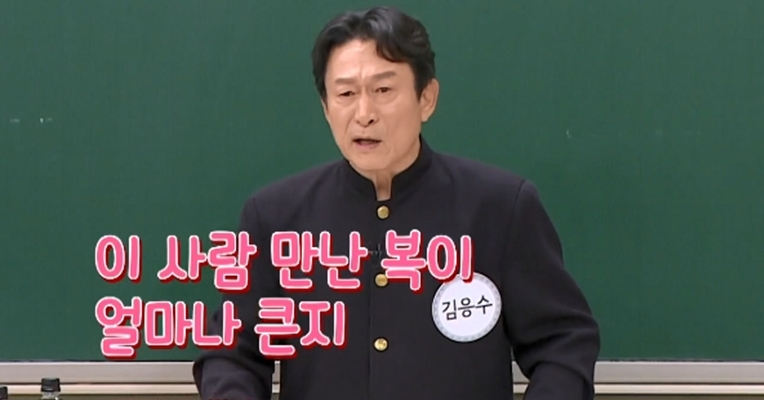The United States is immersed in two crises: a well-known one, the crisis of its democracy as a result of Trump’s authoritarianism and populism; and the crisis of its global power, which could be the most important in the long term.
A recent poll by the European Council on Foreign Relations revealed that the majority of Europeans have serious doubts about the ability of the United States to once again become a world leader. 60% of respondents in each country stated that the United States can no longer be depended on to defend them. Six out of ten think that in the next ten years China will be more powerful than the United States. Berlin, not Washington, is perceived by many as the capital to turn to for leadership. In European countries, most want to maintain neutrality, in the event of a future conflict between China and the United States.
 —
—

 —
—
By not getting directly involved in the crises of the Middle East, Eastern Europe, Africa and other regions; The United States left a vacuum, which has been filled by other powers. China has become a very important player in Africa. In the Middle East, Russia and Turkey have played a leading role. But without a doubt, the most surprising changes have been with its unconditional and most important ally: Europe.
Obama approved the Trans-Pacific Economic Cooperation Agreement (TPP), in part to counter China’s influence in the region. In Asia, it covered Vietnam, Japan, Malaysia, Singapore, and New Zealand; in America to the United States, Canada, Mexico, Chile and Peru. Signed in February 2016, it was basically a free trade agreement, aimed at reducing trade barriers, establishing a common framework for intellectual property, the right to work and environmental law. When Trump assumed the Presidency, the United States withdrew from the TPP.
For its part, under Chinese leadership and as an alternative to the TPP, the Regional Comprehensive Economic Association (RCEP) was formed, made up of the members of the Association of Southeast Asian Nations (ASEAN): Myamar, Brunei, Cambodia, Philippines, Indonesia , Laos and Vietnam and five states in Asia and Oceania: China, South Korea, Japan, New Zealand and Australia. This association, signed in November 2020, covers more than 30% of the world’s population, 30% of Gross World Product (GDP) and seeks to push the center of gravity of the world economy towards Asia. It is the largest free trade agreement in the world and the most important trade bloc that has been formed, surpassing the one established between North America and the European Union.
In 2020, during the US election campaign, Joe Biden repeatedly requested that Europeans seek a common position regarding policy towards China. However, at the end of December of that year, the European Union (EU) and China signed an Investment Agreement. The negotiation of this agreement took seven years and apparently accelerated, so as not to receive pressure from the new United States Administration.
The Agreement will improve the access of European investors to the Chinese market, with guarantees of competing on equal terms with local companies and state-owned firms that enjoy privileges and advantages. The current amount of European investments in China, (excluding the United Kingdom) is 150,000 million euros and that of the Chinese in the EU 113,000 million euros. China will remove the condition that it imposed, until now, on the obligation to form a joint company between a Chinese company and a European company in order to invest in the country.
In addition, China pledged to move towards the implementation of the conventions it has already signed with the International Labor Organization (ILO) and to ratify those relating to child and forced labor. However, the scope of this agreement is limited because it does not address many pending challenges, such as public subsidies to industry. On the other hand, mining, energy and culture will continue to be banned from Europeans. Apparently the EU does not want to put all the eggs in the same basket, after the deterioration that its economic and political relations with the United States have suffered in the last four years.
The best opportunity for the current Biden administration is the negotiation of the Transatlantic Trade and Investment Partnership (TTIP) between the United States and the EU. Together they represent 60% of world GDP, 33% of trade in goods and 42% of trade in services. A free trade area between the parties would potentially represent the largest free trade agreement in history.

 —
—
The defenders of the TTIP, argue that the agreement would be beneficial for the economic growth of the nations that would integrate it, would promote economic freedom and the creation of jobs. Its critics, on the other hand, claim that it will give more power to large companies and deregulation of markets, drastically weakening levels of social and environmental protection. Thus, the ability of governments to legislate for the benefit of citizens would be limited, as well as the power of workers in favor of the business community. Its biggest critics describe it as a nightmare for democracy. It will surely take years to agree and sign it. European democracy differs greatly from American democracy.
–


